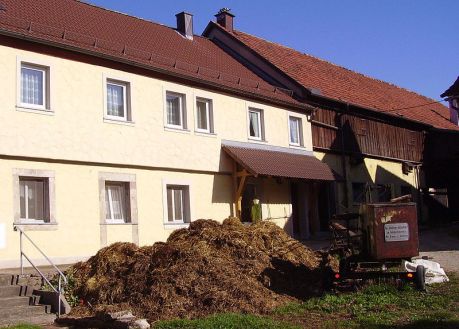
Researchers are taking resource efficiency to a new level by converting livestock manure into a range of useful materials for the agricultural and horticultural industries.
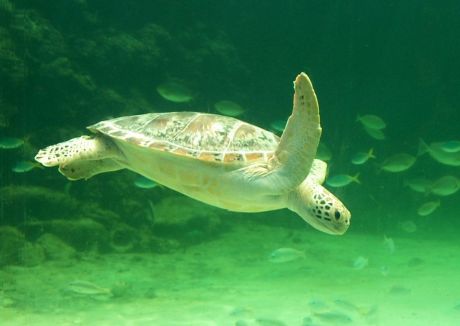
EU researchers are pioneering a new approach to international marine conservation that incorporates networks of reserves and capacity for energy generation.

An EU-funded initiative has developed a number of improvements for Earth system models (ESMs) to provide more reliable projections of future climate.
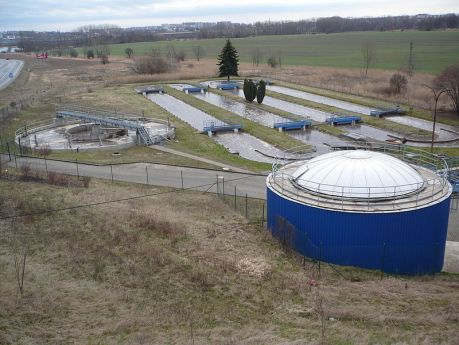
Wastewater treatment plants (WWTPs) must handle large amounts of data from different sources and of varied quality, making it difficult for operators to identify the plant's status. An EU initiative addressed this problem by enabling all available data to be successfully managed.
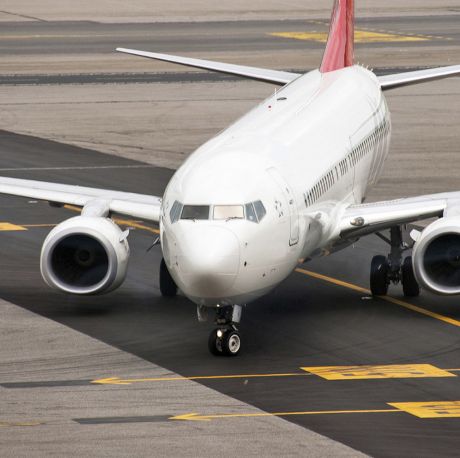
Aviation is becoming more environmentally friendly with a new software tool that helps improve aircraft performance during every life-cycle stage, from construction to end-of-life through operation.
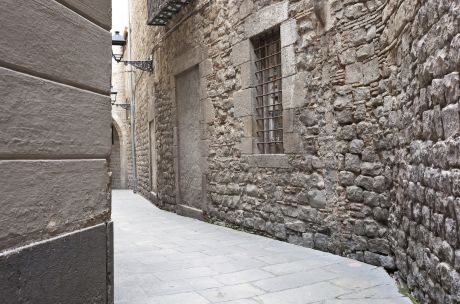
The deterioration of historic buildings has become an increasingly urgent issue and consequently the need of a more sustainable management of the built heritage as well. An EU initiative has developed complex new materials designed specifically to restore heritage materials.
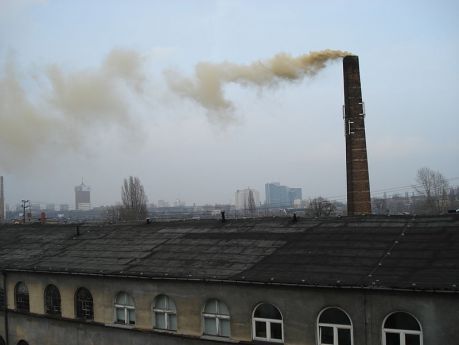
Are the emission reduction strategies of the world's global economies enough to keep global warming under 2 °C?
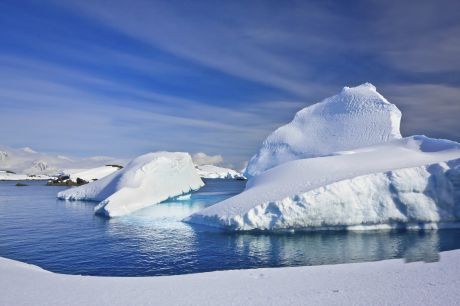
An EU project aims to support policy and decision makers in taking well-informed decisions, by facilitating understanding of the consequences of different policies and climate regimes, thereby reducing uncertainties and enhancing their insights. Work to date involved identification of knowledge needs and their consequent addressing by collecting and synthesising knowledge.
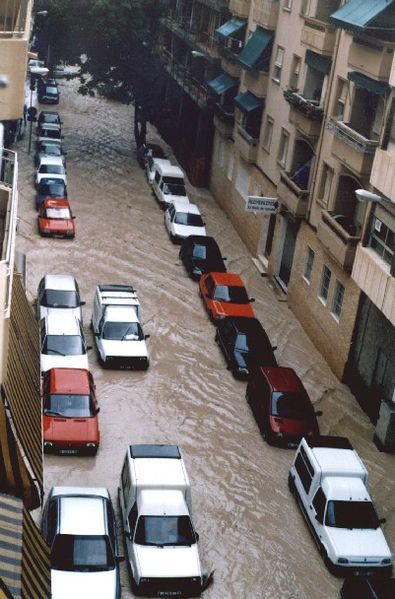
Researchers are hoping to mitigate the effects of natural disasters and climate change-induced weather hazards by improving knowledge sharing between experts in the field.
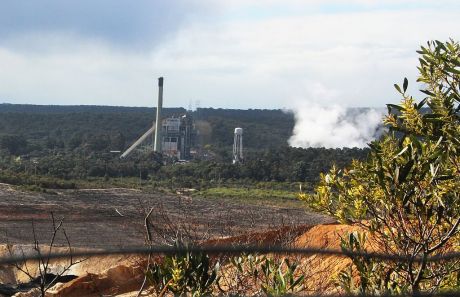
EU-funded scientists developed new technology to capture, transport and store carbon dioxide (CO2) in deep rock formations. This can help mitigate climate change.
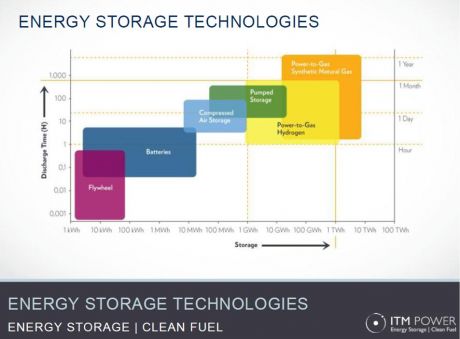
Many countries are making impressive progress towards integration of distributed renewable energy sources (DRESs) into conventional electricity grids. New management tools backed by a business plan and regulatory framework will ensure a smooth transition.
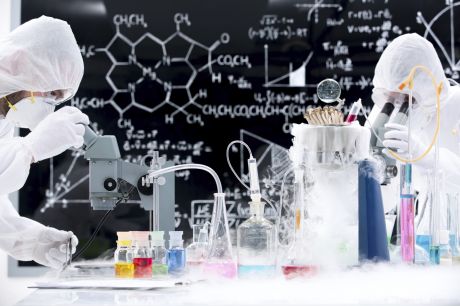
While near-surface disposal of short-lived nuclear waste has reached industrial maturity, deep geological disposal of long-lived spent fuel is not yet as far. An EU-funded initiative brought together regulators and technical safety organisations (TSOs) to develop a network of independent experts and evaluate deep geological repositories.
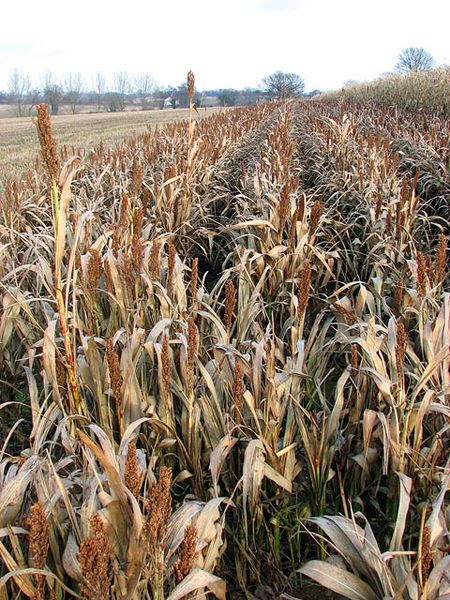
EU-funded scientists are converting residual biomass into energy carriers for producing high-quality fuels and chemicals as well as electricity and heat.
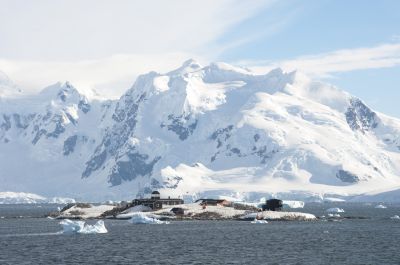
An EU funded PAGE21 project aims to understand the interactions between the global climate system and the frozen ground. It quantifies the permafrost thaw, measures the carbon and nitrogen emissions from permafrost zones and investigates emissions’ effects on climate change.

Global warming may have far reaching effects on Europe and the rest of the world. An EU-funded initiative is identifying and quantifying the impacts and best strategies for responding to a changing environment.
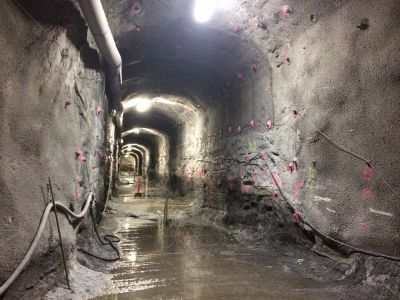
Under the auspices of an EU-funded project, researchers are working on ways to dispose of nuclear waste underground and seal it off with specialised plugs. If the project succeeds, the first permanent geological repositories could be operating in Europe by 2025.
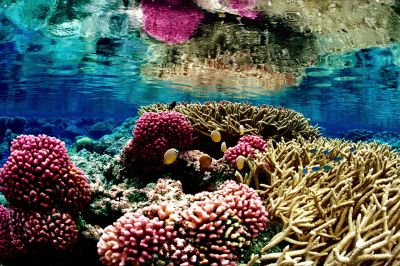
Despite their beauty and biodiversity, coral reefs are fragile ecosystems that are increasingly under threat from human activity and climate change. EU researchers are helping to boost the Caribbean's capacity to preserve and protect its reefs.
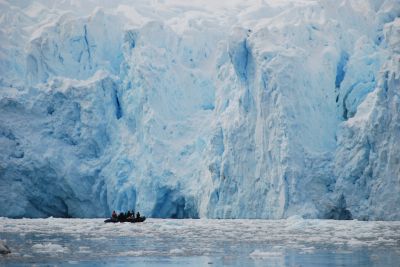
New research has revealed that the effect of the orbitally induced insolation is of fundamental importance in regulating the timing and amplitude of millennial scale climate variability.
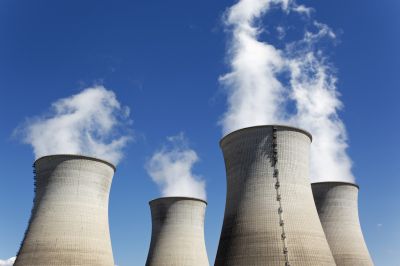
EU-funded researchers are working on delivering to all European stakeholders a most advanced and reliable platform for numerical simulations to verify the safety of existing as well as future nuclear reactors.
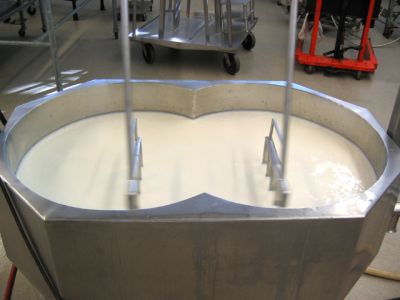
A self-sustaining dairy wastewater treatment plant that uses treatment by-products to power itself and recycles waste solids and water could revolutionise water purification.

In an effort to transform Europe into a green economy, stakeholders have created various indicators to measure its progress. An EU initiative is examining tools that assess green growth and sustainable development in order to facilitate this transition.
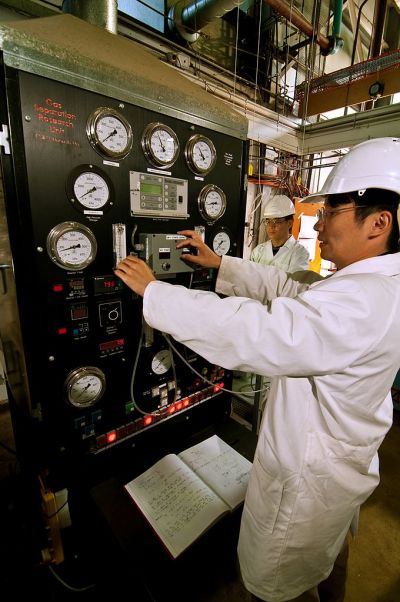
An EU-funded project paved the way for more sustainable production of fuels and petrochemical products that have hitherto stemmed from crude oils.
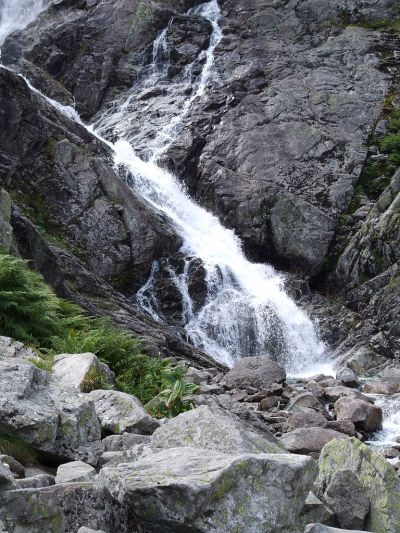
A recent collaboration between research, industry and academia in the Mediterranean has produced a plan for coordinated water management research in the EU.
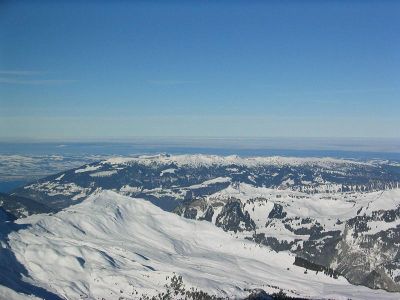
Climate change impacts, such as rising temperatures, prolonged droughts and extreme precipitation, are expected to affect many areas, including mountain regions. A large consortium worked to develop advanced models to quantify and predict the impact of climate change primarily on surface water.

An EU team modelled factors affecting the life cycle of mobile phones. Utilising Israeli householder data, the study examined the linked economic and environmental effects of four types of industry-player companies.
























